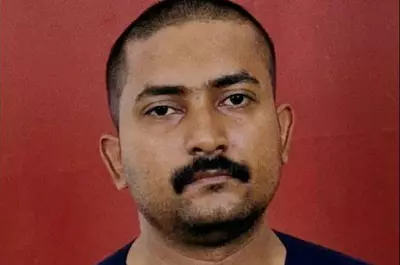“I was recently speaking to IPS trainees and I told them that our police face two kinds of accusations — one, of no action; and the other, of extreme action… We want just, natural action, and it is possible only when we make scientific evidence a major base of our investigation. We can try to ensure conviction and investigation only on the basis of scientific research and technique.”
— Union Home Minister Amit Shah
Union Home Minister Amit Shah, speaking at the inauguration of the Centre for Excellence for Research and Analysis of Narcotic Drugs and Psychotropic Substances at the National Forensic Science University (NFSU) in Gandhinagar on Monday, said the Centre plans to bring about “radical changes” in the Indian Penal Code (IPC), the Criminal Procedure Code (CrPC) and the Indian Evidence Act .
He said, “The days of third-degree torture are over.” The move is intended to make them modern and relevant to the needs of present times. He called for scientific evidence to be the basis of police investigation. Besides, he proposed that forensic investigation should be made compulsory for any crime that entails a punishment of six or more years.
“There should be at least one FSL mobile van in every district of India or in every police range,” Shah said.
Article 20(3) of the Constitution guarantees the right against self-incrimination, which means that no person accused of any offence shall be compelled to be a witness against herself
On the need for investigations to be done scientifically, He said he was recently speaking to IPS trainees and that he told them that our police face two kinds of accusations “— one, of no action; and the other, of extreme action… We want just, natural action, and it is possible only when we make scientific evidence a major base of our investigation. We can try to ensure conviction and investigation only on the basis of scientific research and technique.”
No person accused of any offence shall be compelled to be a witness against herself, something that is enshrined in Article 20(3) of the Constitution that guarantees the right against self-incrimination. An accused cannot be subject to involuntary administration of forensic techniques, including brain finger-printing, lie-detector tests and the use of truth serum or narco-analysis for improving investigation efforts in criminal cases, while collection of thumb impression, specimen signature, blood, hair, semen etc will not violate Article 20(3). This has been upheld by the Supreme Court in several rulings.










